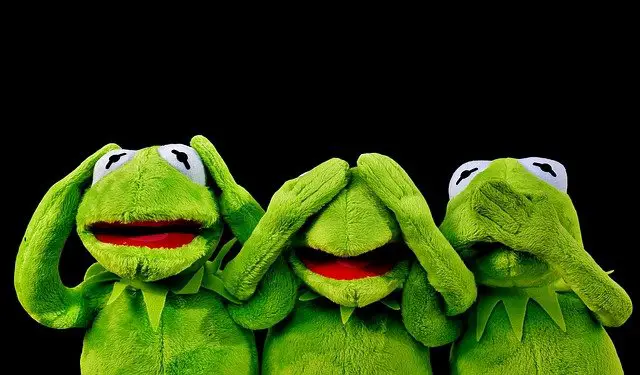Depression is a commonly diagnosed mental illness that affects humans in many different ways. But did you know that animals can also suffer from depression? Pets, including African dwarf frogs, can get depressed for a variety of reasons. In this blog post, we will discuss the signs and symptoms of depression in pets, as well as how to treat it.
Introduction
While it is impossible to know definitively whether or not African dwarf frogs can experience depression in the same way that humans do, there is some evidence to suggest that they may be susceptible to changes in mood and behavior.
Like many other animals, African dwarf frogs are highly sensitive to their environment and any changes in temperature, lighting, or water quality can have a significant impact on their behavior.
In addition, African dwarf frogs are social creatures and will often become lethargic or stop eating if they are kept in isolation.
While there is no sure way to know whether or not African dwarf frogs can experience depression, it is important to provide them with a stable and stimulating environment to ensure their health and wellbeing.
How do you know if your frog is depressed or unhappy?
As any pet owner knows, it is important to be aware of your animal’s emotional state. A happy frog is a healthy frog and vice versa. So, how can you tell if your frog is depressed?
One sign of depression in frogs is a loss of appetite. If your frog used to be voracious and now barely eats, it may be a sign that something is wrong.
Another sign of depression changes in sleeping patterns. If your frog starts sleeping more during the day or becomes restless at night, it could be a sign of an underlying problem.
Finally, frogs that are depressed may become lethargic and stop participating in activities that they used to enjoy.
If you notice any of these changes in your frog’s behavior, it is important to consult with a veterinarian to rule out any possible medical causes. In many cases, depression in frogs can be resolved with a change in diet or environment.
What can you do to help your frog if it’s depressed?
If you think your frog is depressed, there are a few things you can do to help.
First, make sure that its basic needs are being met. A frog needs a clean and spacious habitat with plenty of hiding places, a good water source, and a suitable diet. If its living conditions are not ideal, try to make some changes.
Additionally, frogs are social creatures, so spending time with your frog can be beneficial. Try sitting near its habitat and talking to it in a calm voice.
You may also want to consider getting another frog as a friend for your depressed frog. Finally, keep an eye on your frog’s health and consult with a veterinarian if necessary.
By meeting its needs and providing support, you can help your frog to overcome depression.
Pros and Cons of keeping an African dwarf frog
African dwarf frogs are a popular choice for pet owners looking for something a little different. These small amphibians are relatively easy to care for and can make interesting additions to any aquarium.
However, there are a few things to keep in mind before adding an African dwarf frog to your home. First, these frogs are shy by nature and do best in groups.
As a result, it is important to have at least two frogs in your tank. Second, African dwarf frogs are known to be escape artists.
Be sure to choose a tank with a secure lid to prevent your frog from making a break for it. Finally, African dwarf frogs are susceptible to a number of health problems. Be sure to consult with a veterinarian who is familiar with these animals before making the decision to add one to your family.
Conclusion
In conclusion, African dwarf frogs can get depressed. While the causes of depression are not fully understood, it is clear that this condition can have a significant impact on the frog’s quality of life. There are a number of potential treatments for depression, but it is important to consult with a qualified veterinarian before attempting any of them. With proper care and treatment, however, many frogs are able to enjoy a long and healthy life.




